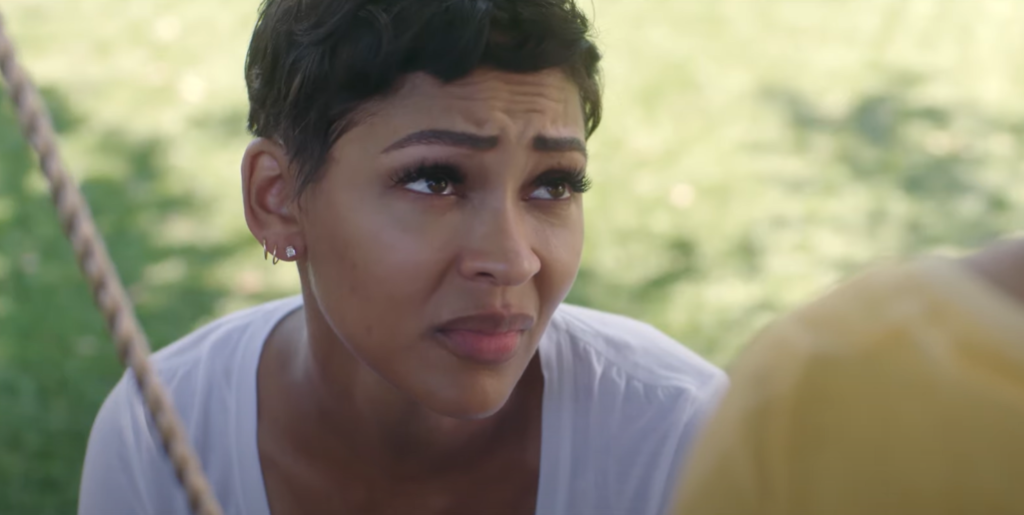Alice Fades Away
by Rachel Willis
Watching Alice Fades Away is akin to stepping into a Flannery O’Connor short story (without the overt religiosity). The film crackles with ominous energy as a larger-than-life villain haunts the rural, isolated landscape. As a horror/thriller blend, this one hits the mark.
In his first feature, writer/director Ryan Bliss crafts a film that seamlessly blends genres: horror, drama, mystery. Set in the early 1950’s, the film is reminiscent not only of O’Connor, but films such as The Night of the Hunter. The tradition of the Southern gothic lends itself well to Bliss’s vision.
Seeking refuge on her uncle Bishop’s farm, Alice (Ashley Shelton) is on the run. She is accepted by a group of people suffering from their own terrible pasts, all taken under the wing of her generous uncle. We’re not quite sure of Alice’s story, but we’re given disturbing glimpses as past and present merge on screen.
As Alice’s past catches up with her, we’re held hostage to the increasing dread the situation conjures. The cinematography works wonders at turning the idyllic setting of Bishop’s farm into one of dreadful isolation. Its setup as the ideal hideaway melts beautifully into a desolate trap.
All of the actors in the movie are well cast, but the one to watch is Timothy Sekk as Holden. His performance, along with Bliss’s writing, adds depth to a character that could have easily been a lifeless stereotype. Sekk’s energy adds to the mounting horror of what has followed Alice.
With so many great scenes, the film’s blunders are even more obvious. It performs best when it has minimal dialogue, some lines are melodramatic while others are poorly delivered. Many themes are broached, but only a few are explored. A character disappears, leaving us scratching our heads. And what’s with the rabbits?
However, the few moments that don’t land can’t wholly detract from the film’s overall effect. Bliss knows how to invoke dread, and the moments that take us out of the film are easily ignored considering what works. You’ll care less about some of the details and more about what’s ahead.
Same goes for the filmmaker, as Alice Fades Away is a debut that will make you curious to see what Bliss does next.
















